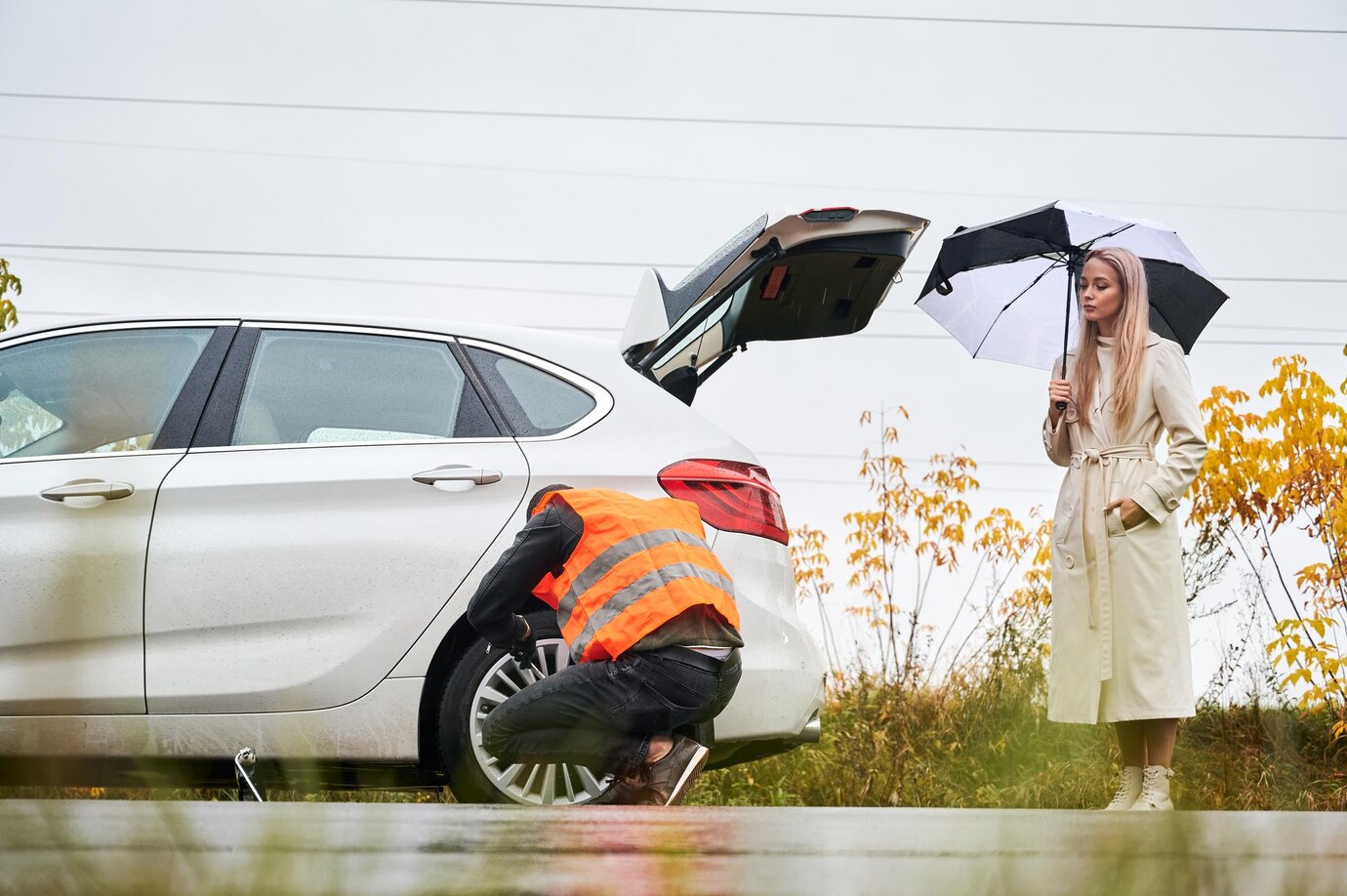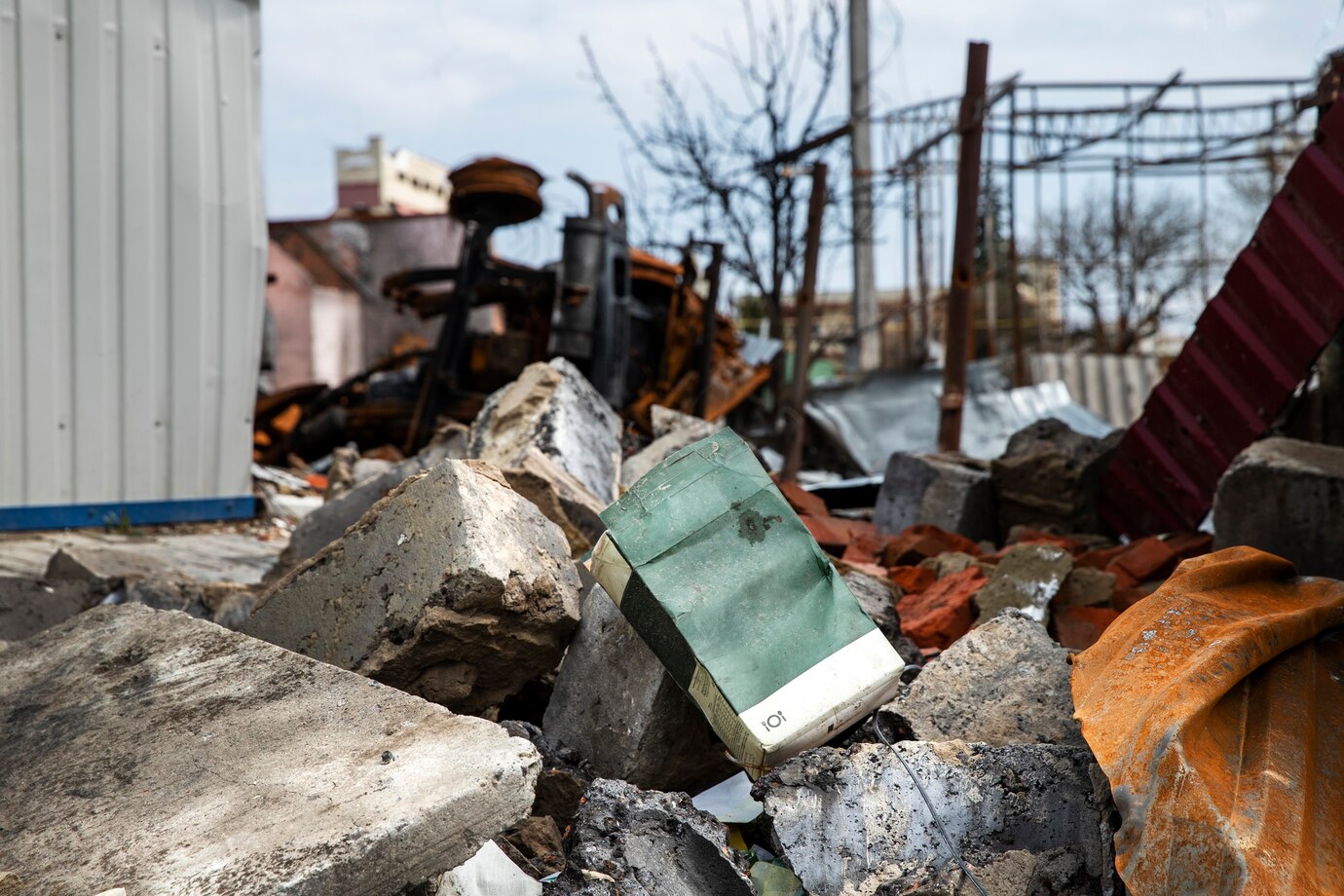If your Colorado business relies on vehicles for operations, commercial auto insurance is a must. Whether you own a fleet of delivery trucks, company cars, or contractor vehicles, ensuring proper coverage protects your business from financial loss in case of accidents, theft, or damage. Understanding the key aspects of commercial auto insurance can help business owners make informed decisions and avoid costly mistakes.
What is Commercial Auto Insurance?
Commercial auto insurance provides coverage for vehicles used for business purposes, protecting businesses from liability, property damage, and medical expenses. Unlike personal auto policies, commercial coverage offers higher liability limits and broader protection tailored for business use.
Who Needs Commercial Auto Insurance in Colorado?
Any business that owns, leases, or uses vehicles for business activities should have commercial auto insurance. This includes:
- Contractors and tradespeople (plumbers, electricians, landscapers).
- Delivery services (food, retail, courier services).
- Rideshare and transportation companies (Uber, Lyft, shuttle services).
- Real estate agents and sales professionals who frequently drive for work.
- Businesses with company-owned vehicles used by employees.
Even if you use your personal car for business errands, a personal auto policy may not cover accidents that happen while conducting business.
What Does Commercial Auto Insurance Cover?
A standard commercial auto insurance policy includes the following coverages:
- Liability Coverage
- Covers damages and medical expenses if your driver is at fault in an accident.
- Pays for legal fees if your business is sued.
- Required by Colorado law for all business-owned vehicles.
- Physical Damage Coverage (Collision & Comprehensive)
- Collision Coverage: Pays for repairs if your business vehicle is damaged in an accident, regardless of fault.
- Comprehensive Coverage: Covers theft, vandalism, hail damage, or fire-related incidents.
- Uninsured/Underinsured Motorist Coverage
- Protects your business if an uninsured or underinsured driver causes an accident.
- Helps cover repair costs and medical expenses when the at-fault party lacks sufficient insurance.
- Medical Payments (MedPay)
- Covers medical expenses for your employees and passengers injured in a company vehicle, regardless of fault.
- Hired & Non-Owned Auto Insurance
- Covers rented, leased, or employee-owned vehicles used for business purposes.
- Essential for businesses that require employees to drive their personal cars for work-related tasks.
Colorado’s Commercial Auto Insurance Requirements
Colorado law requires all commercial vehicles to carry a minimum amount of liability insurance:
- $25,000 per person for bodily injury.
- $50,000 per accident for bodily injury.
- $15,000 per accident for property damage.
However, businesses should consider higher limits to protect against costly lawsuits and damages. Some industries, like trucking, have federal insurance requirements based on cargo and vehicle weight.
How Much Does Commercial Auto Insurance Cost in Colorado?
Premiums vary based on several factors, including:
- Vehicle Type & Use: Heavy-duty trucks cost more to insure than standard cars.
- Number of Vehicles: Fleets with multiple vehicles qualify for bulk discounts.
- Driving Records: Safer drivers = lower premiums.
- Coverage Limits: Higher coverage limits increase costs but provide better protection.
On average, small business owners pay between $600 and $2,500 per year per vehicle, depending on risk factors and industry.
How to Lower Commercial Auto Insurance Costs
Business owners can reduce commercial auto insurance premiums by:
- Implementing Driver Safety Programs: Training employees on safe driving reduces accident risks.
- Installing GPS Tracking & Telematics: Monitors vehicle usage and helps insurers offer discounts for safe driving.
- Raising Deductibles: Choosing a higher deductible can lower monthly premiums.
- Bundling with Other Business Insurance Policies: Insurers offer discounts when combining auto, general liability, and property insurance.
Final Thoughts
If your business relies on vehicles, commercial auto insurance is essential for protecting assets, employees, and liability exposure. Ensuring the right coverage safeguards against unexpected expenses and legal claims. Colorado business owners should regularly review policies to ensure they have adequate protection for their operations.












